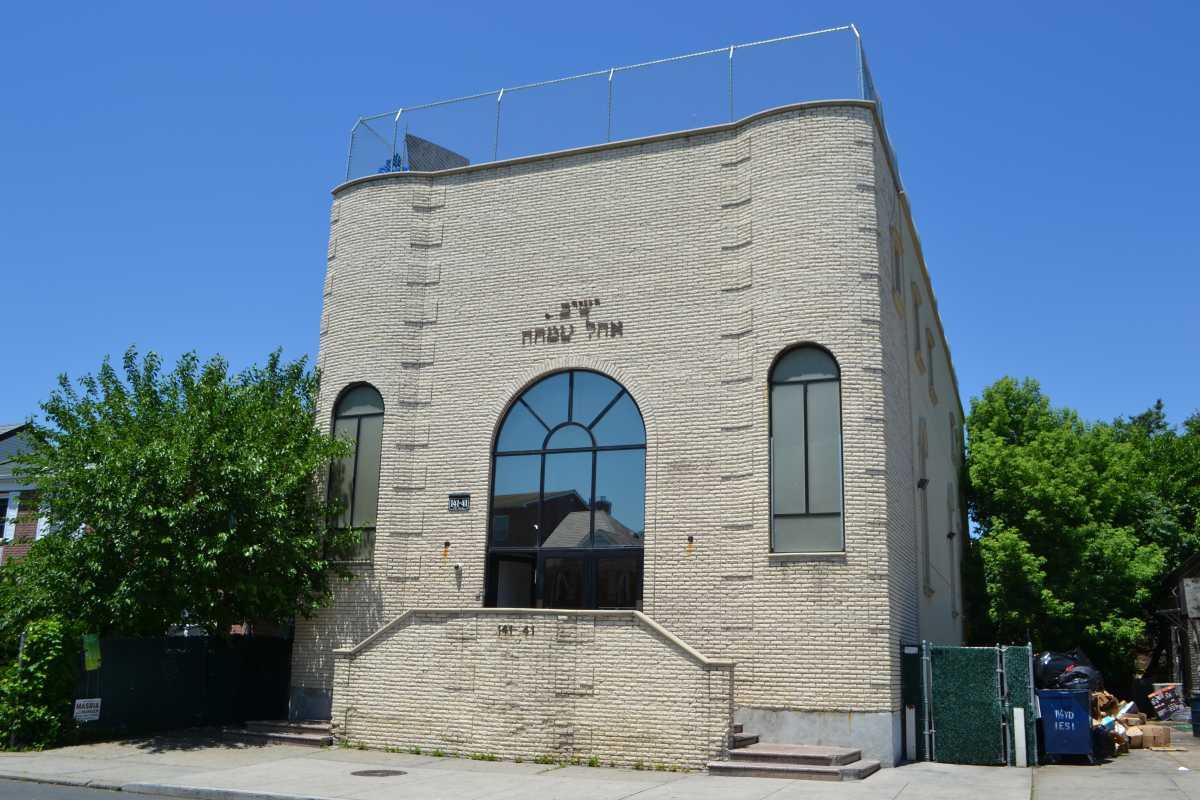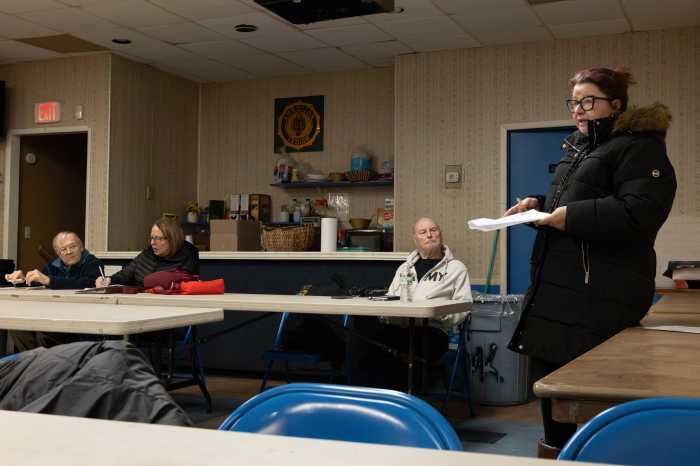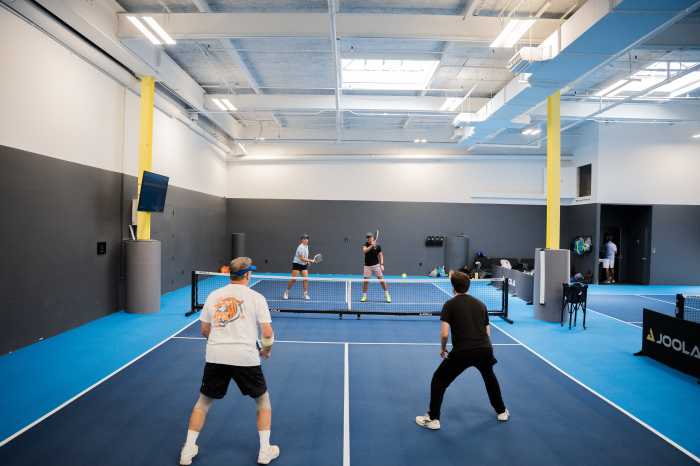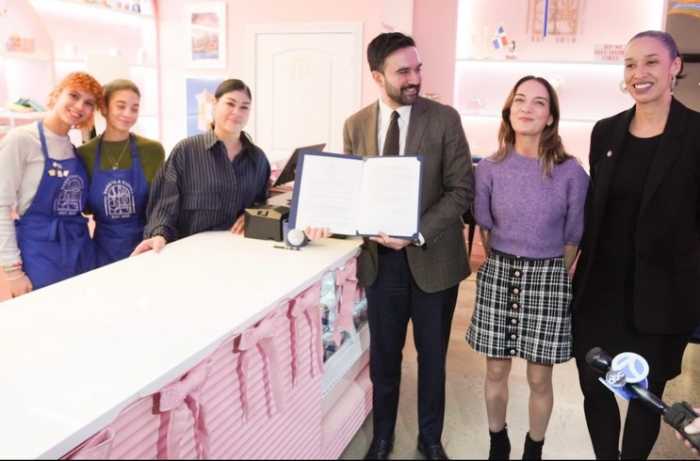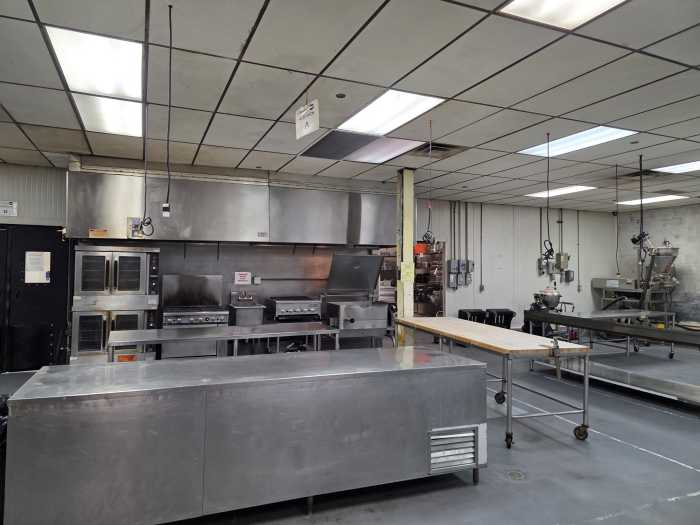A controversial plan to expand a Kew Gardens Hills synagogue suffered another major setback.
Borough president Melinda Katz recommended against the expansion of the Sephardic Congregation of Kew Gardens Hills on Wednesday, citing the possible disturbance it would cause for the community. Community Board 8 members overwhelmingly denied the variance application in June.
Leaders of the synagogue at 141-41, 72nd Ave. applied for a variance to build a third floor on its two-story building to accommodate the temple’s growing congregation and school. But community members protested against the proposed expansion because of the potential for an increase in garbage, more noise, poor building maintenance, traffic congestion and “a lack of adequate student supervision outside of the school facility.”
“There is no question as to the need for the services provided to their congregation and students,” Katz said in her decision, but added: “An enlargement of the facility and addition of new congregants and students may make all of those negative conditions worse for the surrounding neighborhood.”
The congregation was established more than two decades ago after converting a residential two-story house into a synagogue. A school, Yeshiva Ohel Simcha, was added soon after and currently enrolls 70 students of elementary school age every weekday. Now there are two floors and a cellar in the building. The proposed third floor would be used to accommodate new students, they currently have to turn away due to classroom-size limitations, congregation leaders said. They hope to add six additional classrooms, so they can house 185 students, doubling student enrollment and adding new teachers.
In addition to the issues raised by the community, the building has more than a dozen open Department of Buildings violations, including a broken elevator, lack of a Certificate of Occupancy and lack of fire alarms.
The congregation’s variance application for the third floor included asking for permission to work in the building despite lacking the required Certificate of Occupancy and other violations. This was necessary, according to congregation lawyer Jay Goldstein, because without it they can’t legally work on the building, since it currently doesn’t meet requirements. They pledged to amend the violations if approved for the application and to come up with solutions to the community’s issues.
Katz, however, did support the request to legalize the current building despite the violations, in order to allow the temple to continue practicing and give its owners a chance to fix violations throughout the property.
“The house of worship and school has been a part of the neighborhood for over 20 years,” Katz said. “It should be allowed to remain to continue providing services to their existing congregation and students.”
The Board of Standards and Appeals has the final say on the expansion of the synagogue.
RECOMMENDED STORIES

